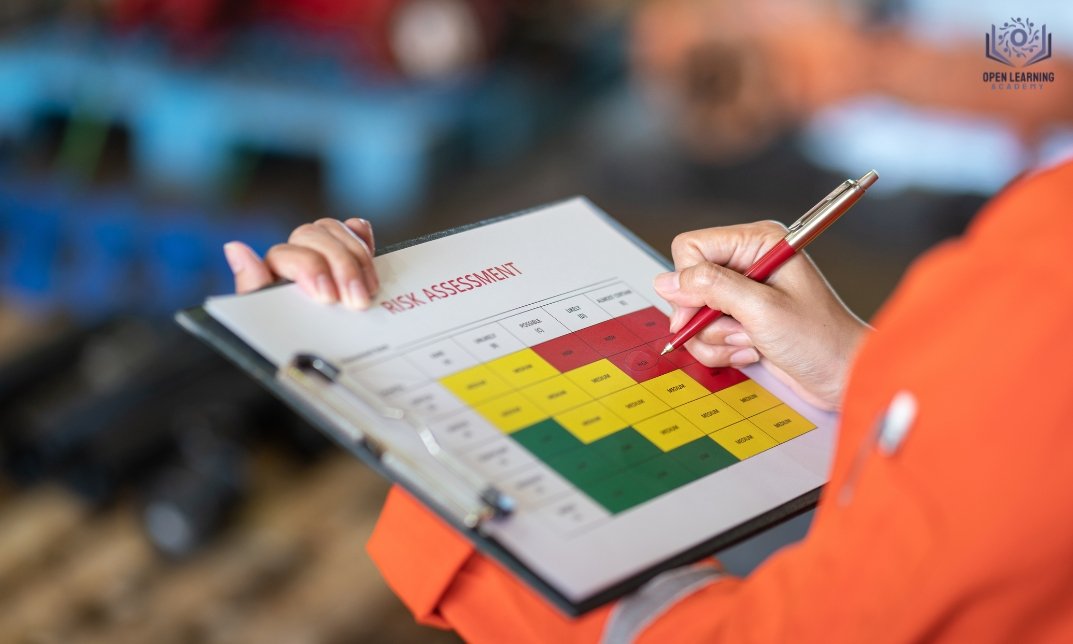No products in the cart.
Did you know that the UK transport and logistics sector is expected to grow by over 4% in the coming years? With this growth comes the increasing demand for skilled transport managers. So, if you’re looking to break into this in-demand field, this blog will guide you on how to become a transport manager, outlining the key steps and qualifications needed. Moreover, we’ll cover essential tips for landing a job as a transport manager and outline the kind of work environment you can expect.
What is a Transport Manager?
A transport manager oversees the operations of transportation services, which can include the movement of goods, services, or even people.
Generally, transport managers work for logistics companies, shipping firms, or public transportation systems. Their job involves ensuring that operations run smoothly, cost-effectively, and within all legal regulations. They are responsible for planning routes, managing schedules, and ensuring that vehicles are well-maintained. Moreover, they are often tasked with managing staff, budgeting, and ensuring compliance with safety regulations.

Why Become a Transport Manager?
Now you might be wondering why someone would want to pursue this career. First of all, the role offers a lot of variety. Every day can bring new challenges, from solving logistical problems to ensuring that transportation systems run efficiently.
Furthermore, the demand for skilled managers is expected to grow as companies look for more efficient ways to move goods and people. Therefore, pursuing a career as a transport manager can offer job security and a path to a rewarding, long-term career.
How to Become a Transport Manager?
There are several steps you can follow to make this career a reality. Here’s a breakdown of the following steps:
Get the Right Education
While there is no specific degree required to become a professional, having a background in transport, logistics, or business management can be beneficial. Many people choose to study courses in logistics, supply chain management, or business administration. These courses offer insight into how goods and services move within economies.
Additionally, some employers may prefer candidates with a Transport Manager Certificate of Professional Competence (CPC), which shows that you have the necessary skills and knowledge to manage transport operations. This qualification is often required for those looking to manage large-scale commercial transport operations.
Gain Relevant Work Experience
Experience is key when it comes to becoming a transport manager. Most people start their careers in entry-level positions, such as working as a logistics coordinator, transport planner, or scheduler. Over time, this experience can provide valuable insights into how transport systems work and what challenges can arise.
Moreover, hands-on experience will allow you to build the practical skills needed to manage a team, plan routes, and handle budgeting tasks. Employers often look for candidates with several years of relevant experience before considering them for a management role.
Develop Key Skills
To succeed as a transport manager, you’ll need a range of skills. These include strong organisational abilities, excellent communication, and good problem-solving skills. Moreover, being able to work well under pressure is crucial, as they often have to deal with unexpected issues, such as delays or breakdowns.
Other important skills include attention to detail and the ability to work within tight budgets. You will also need to have a solid understanding of relevant laws and regulations, including health and safety rules. You can also stay updated with the latest industry trends and skills with the courses from the Open Learning Academy.
Get Certified
As mentioned earlier, obtaining a Transport Manager CPC is often required for this role. The certificate demonstrates your competency in transport management and covers topics such as vehicle maintenance, transportation law, and environmental considerations.
Additionally, there are specialised certifications available depending on the sector you wish to work in, such as freight management or passenger transport. Pursuing these certifications can make you more competitive in the job market.
Apply for Jobs
Once you’ve gained the necessary qualifications and experience, it’s time to apply for jobs. Transport manager roles are available in a variety of sectors, from private logistics companies to public transport authorities. Make sure to customise your CV to highlight your relevant experience and skills.
Moreover, attending industry events and networking can be a great way to find out about job opportunities and make connections in the field. This can help you land a position and start your career as a skilled professional.

Key Responsibilities
Once you become a skilled professional, your responsibilities will vary depending on the company and sector you work in. However, some common duties include:
- Route Planning: Ensuring the most efficient routes are taken to save time and reduce costs.
- Scheduling: Managing timetables for the movement of goods or passengers.
- Staff Management: Overseeing drivers, coordinators, and other staff members.
- Vehicle Maintenance: Ensuring that all vehicles meet legal safety standards.
- Compliance: Keeping up with relevant laws and regulations, such as health and safety standards and environmental rules.
- Budget Management: Controlling costs and ensuring the transport operation stays within budget.
Skills You Need to Become a Transport Manager
As mentioned earlier, the role of a transport manager requires a wide range of skills. Here’s a breakdown of some of the most important ones:
- Organisation: Transport managers must be able to juggle multiple tasks and prioritise them effectively.
- Communication: Clear communication is essential, especially when coordinating with staff, clients, or other stakeholders.
- Problem-Solving: Unexpected issues can arise, and being able to think on your feet is crucial.
- Attention to Detail: A significant part of the job is ensuring that all documentation is accurate and that operations comply with legal regulations.
- Time Management: Deadlines are a key aspect of transport management, so managing time effectively is vital.
Conclusion
Becoming a transport manager can be a fulfilling and secure career choice. The role offers a range of responsibilities, from planning routes to managing staff, and it requires both practical and leadership skills. If you’re interested in this field, starting with the right education and gaining hands-on experience is essential. Moreover, obtaining a Transport Manager CPC can help you stand out in the job market.
Therefore, with the right qualifications, skills, and experience, you’ll be well on your way to becoming a professional. So, whether you’re overseeing public transport systems or managing logistics for a large company, this role is sure to offer a variety of challenges and rewards.




